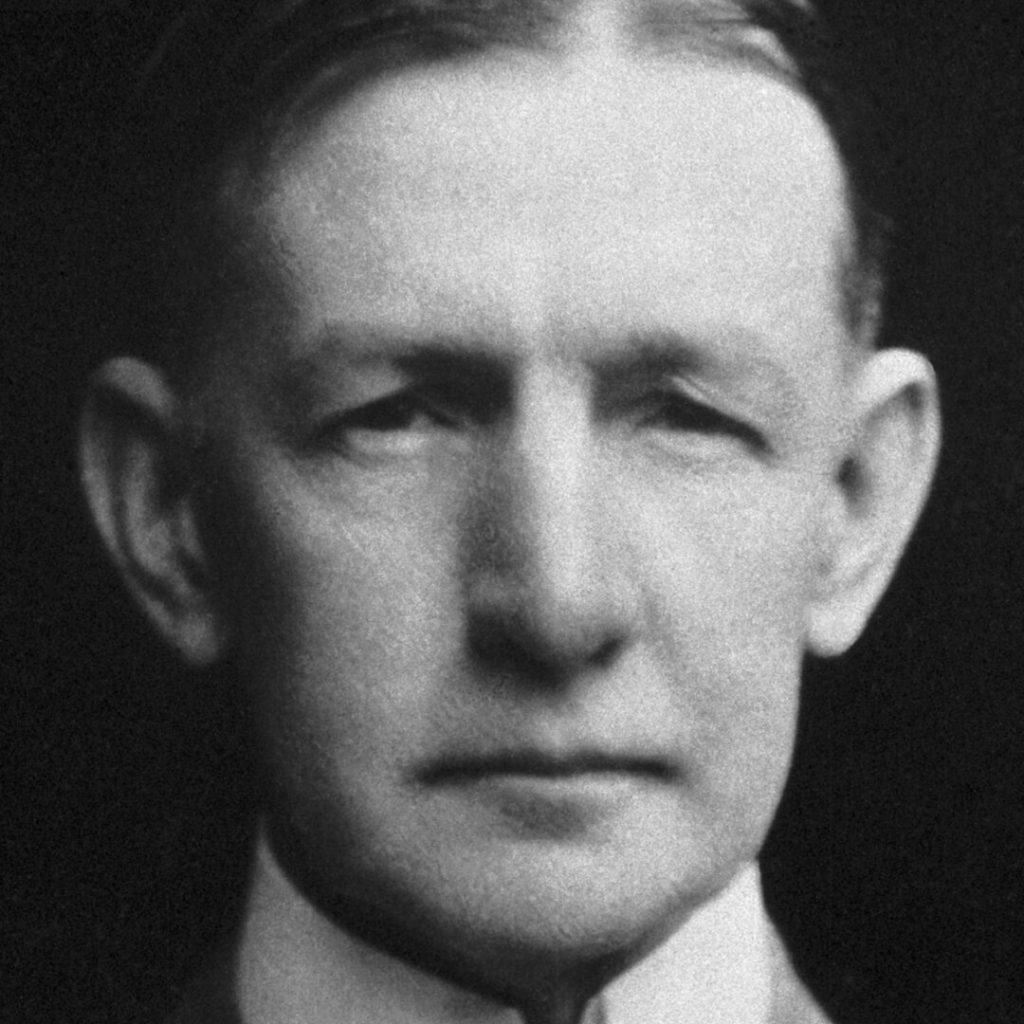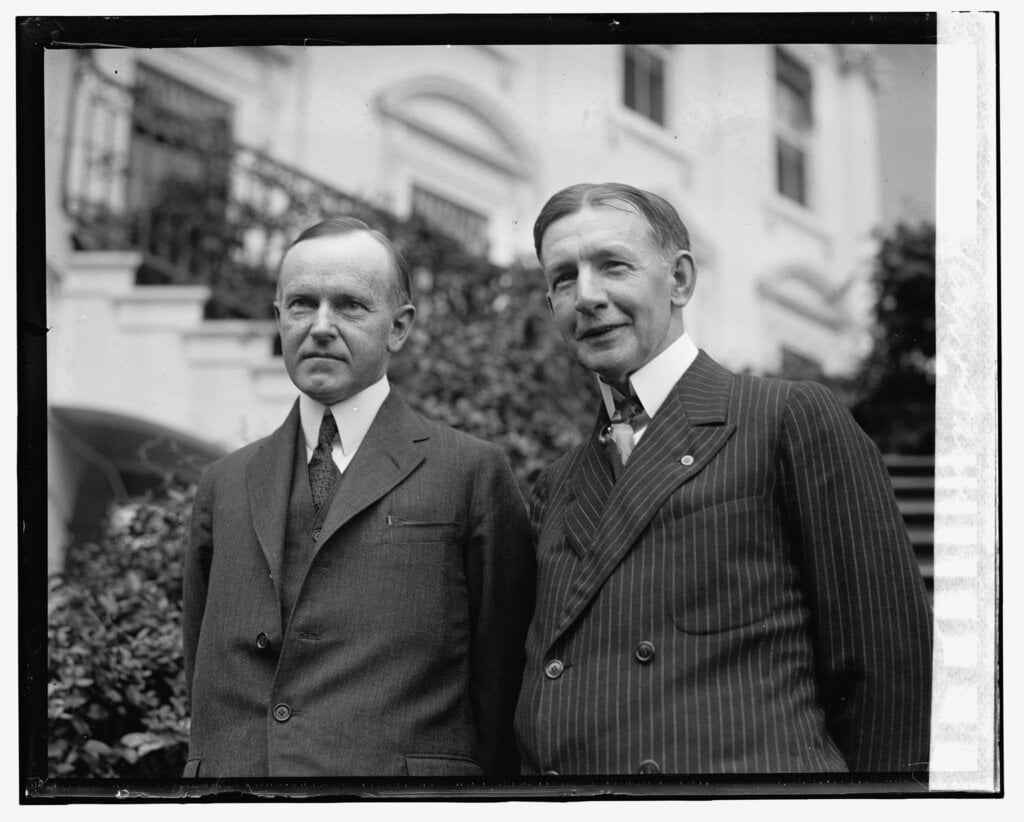Charles G. Dawes
Speed read
Charles Dawes was awarded the Nobel Peace Prize for his crucial role in bringing about the Dawes Plan. He shared the prize with Sir Austen Chamberlain.

Full name: Charles Gates Dawes
Born: 27 August 1865, Marietta, OH, USA
Died: 23 April 1951, Evanston, IL, USA
Date awarded: 10 December 1926
Dawes’ plan for peace
Charles Dawes received the Nobel Peace Prize for his role in reducing tensions between Germany and France after WWI. He served as brigadier general when the USA entered the war against Germany in 1917, assuming responsibility for providing supplies, weapons and ammunition to soldiers on the front lines in Europe. After the war, French efforts to force the Germans to pay enormous war reparations gave rise to new tensions between Germany and France. Dawes headed an international committee to investigate the German situation. In 1924 the committee presented the Dawes Plan, in which Germany would receive US loans to pay war reparations and France promised to end its occupation of Germany.
”Then when the darkness was deepest, America extended a helping hand …, the Dawes Plan.”
Fridtjof Nansen, Speech, 10 December 1926.
Dawes, the politician
Charles Dawes was a lawyer and successful businessman. A member of the Republican Party, he held his first US government post in 1893, rejoining the government in 1921 following a successful military career during WWI. After devising a plan to prevent a new war between Germany and France, Dawes was selected as Calvin Coolidge’s vice-presidential running mate. As vice president, Dawes promoted efforts to encourage the world’s states to sign a pact that would make war illegal.

”It was the endeavour of the experts to found their plan upon the principles of justice, fairness, and mutual interest, relying for its acceptance thus prepared upon that common good faith which is the enduring hope for the universal safeguarding of peace.”
Charles Dawes, Acceptance speech, 10 December 1926.
Learn more
Charles Gates Dawes pursued two careers during his lifetime, one in business and finance, the other in public service ...
Disclaimer: Every effort has been made by the publisher to credit organisations and individuals with regard to the supply of photographs. Please notify the publishers regarding corrections.
Nobel Prizes and laureates
Six prizes were awarded for achievements that have conferred the greatest benefit to humankind. The 14 laureates' work and discoveries range from quantum tunnelling to promoting democratic rights.
See them all presented here.
